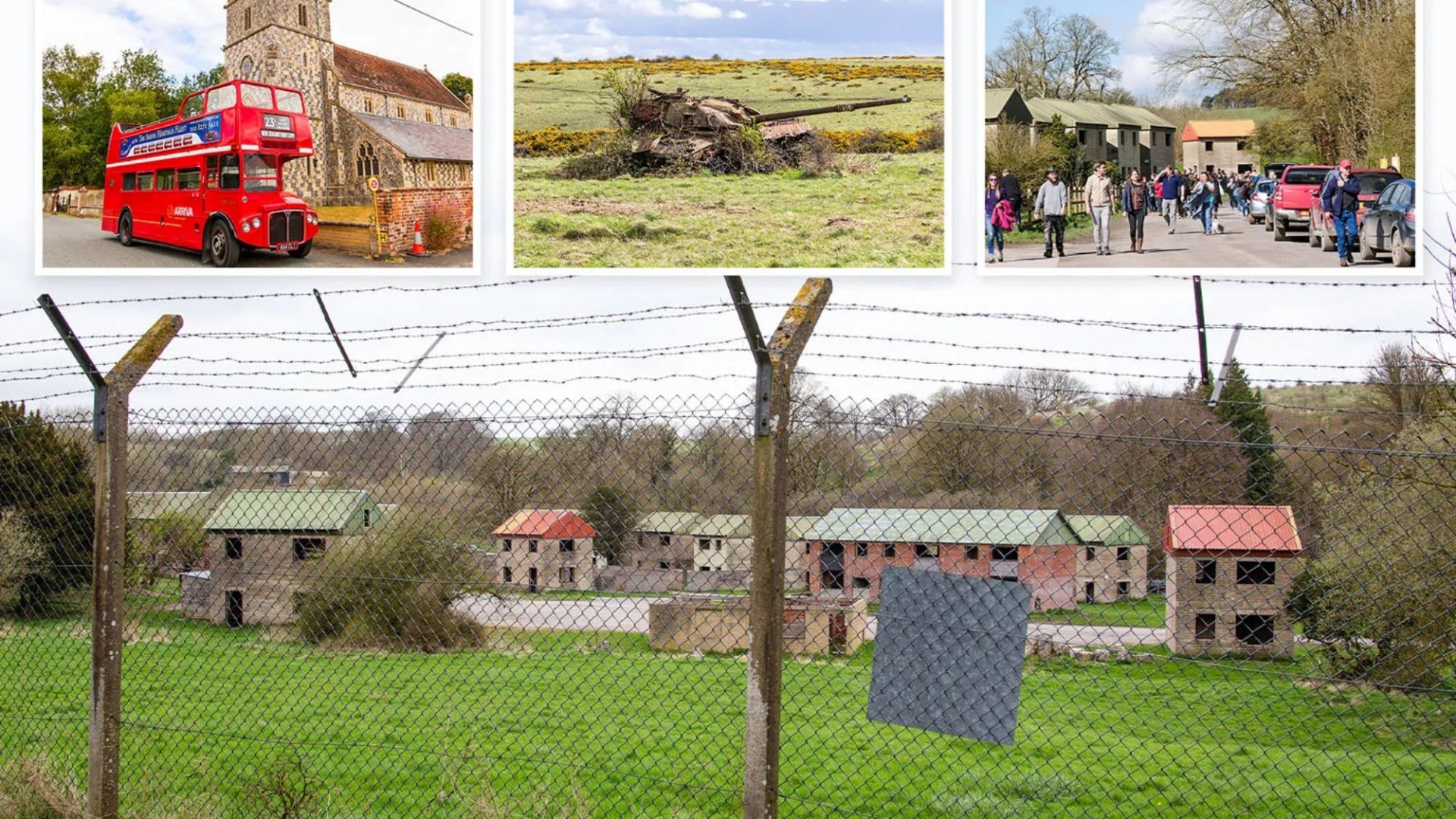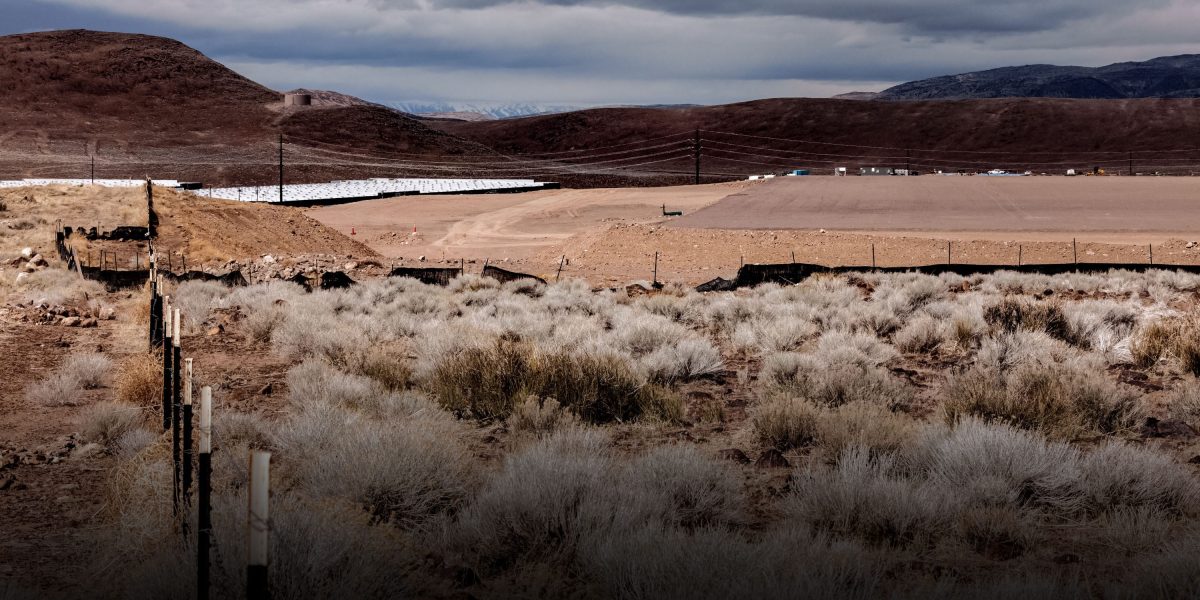AT first glance, Imber could be any village in the Wiltshire countryside.
It has a pretty and well-kept church, and when I visited on Saturday afternoon, the sun was shining and people were sat on a patch of grass tucking into picnic nibbles while listening to a brass band.
6

6

6

6
“Would you like a Robbie Williams song?” the leader of the band shouted to the people sat on the grass, before breaking into his hit Angels. So far, nothing out of the ordinary.
But I then spot the barbed wire surrounding the church gardens and nearby are numerous signs reading “Danger. No public access”.
Things get even stranger as I stroll down a path leading to the main road where I can see a few houses.
They all look normal at first but then I realise they do not have any windows or doors.
Oh, and there’s another warning sign: “Danger: unexploded military debris. Do not leave the carriageway”.
It turns out I won’t be able to contact the outside world if danger does arise.
My mobile phone signal is non-existent.
Imber is not a normal village.
In the heart of Salisbury Plain and seven miles from Warminster, it turns out this place is crawling with wartime history.
Back in November 1943, residents here were given just 47 days’ notice by the War Office (now the Ministry of Defence) to evacuate so that the area could be used by American troops to practise street fighting ahead of an invasion of mainland Europe on D Day.
Homeowners were told they would be able to return to the village after the Second World War, but that never happened.
And to this day the village remains under military control as part of the vast firing range.
It is an eerie feeling walking along the main street and I start to think about what it must have been like to be told to leave your own home and never return.
Signs show where farms and houses once stood, now replaced by mock-up buildings that are normally used by the military to train soldiers.
All in all, the church — which dates from the 12th century — is the only original building that remains fully intact and does not contain any “danger” signs.
Imber Court also remains intact — albeit behind a large, closed gate and clearly a shadow of its former self, ditto the Bell Inn.
You are probably wondering how I ended up wandering around a very restricted area.
Normally, the public aren’t allowed to enter the lost village — but for one day each year, all that changes.
Burnt-out husks
An intensive bus service from Warminster opens to the public, taking them into the village — it even has its own route, 23A, and a Transport
For London sign outside the railway station that declares it runs annually.
The Imberbus event has been running since 2009 and is the brainchild of transport professionals — including the current rail minster, Lord Hendy of Richmond Hill who, one evening in a pub, was discussing the most unlikely place to run a bus service to.
The MoD opens Imber to the public on a small number of days each year and this is the only way to reach the village without using a car.
Since the first running, it has gone from strength to strength.
Even if you are not a bus fan, the journey to Imber is fascinating.
You pass burnt-out husks of tanks and military bases through landscape that has been untouched by modern farmers — though it might have been smashed to smithereens by a tank or shell.
It is well worth doing next year for the novelty value alone.
Just don’t miss the last bus back to civilisation as there will be a long wait. . . .
GO: Imber Village
This year an all-day rover costs just £10 for adults and £2 for children with no advance booking required and all monies raised going to charity.
See imberbus.org.

6

6




